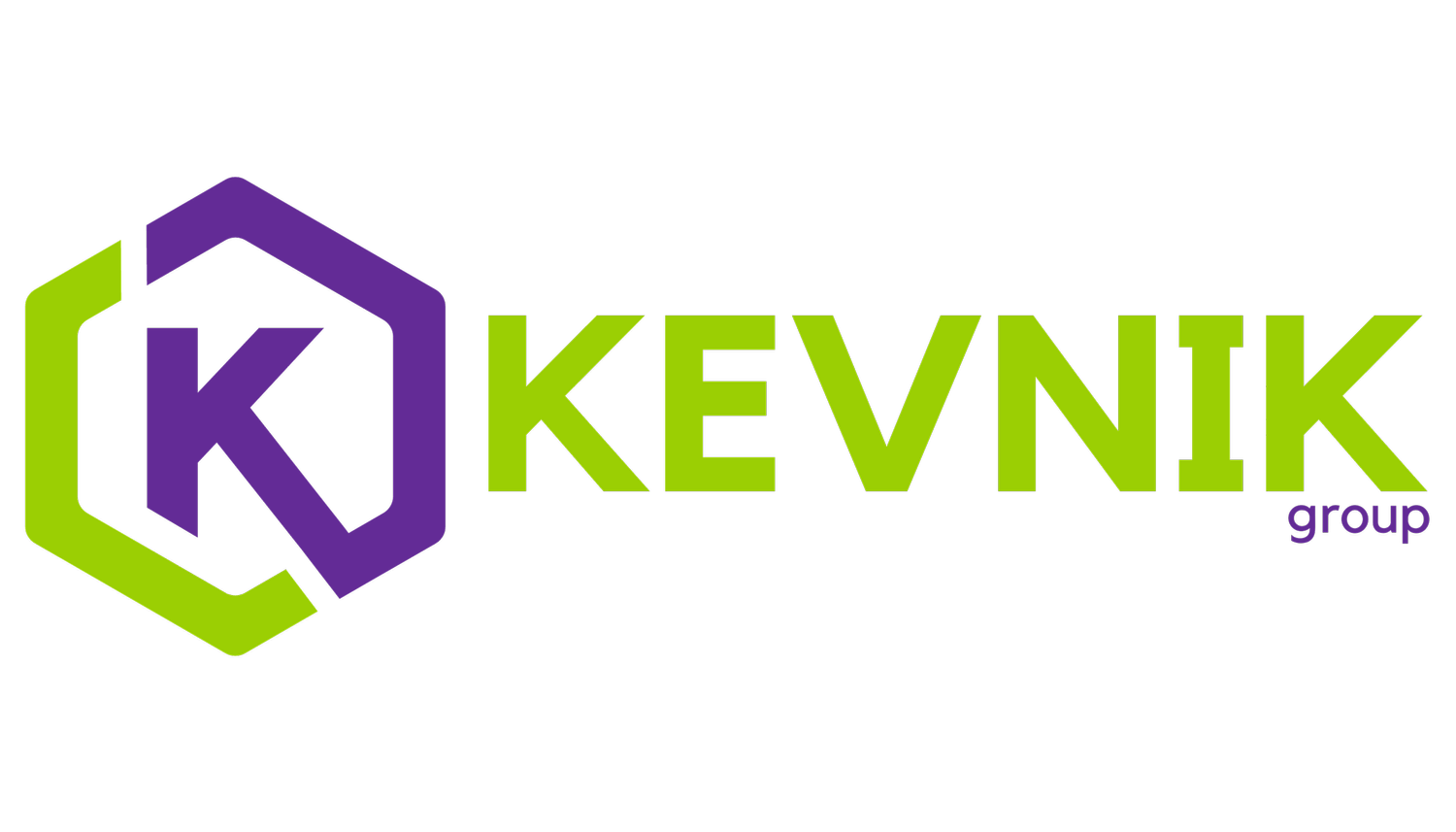Here's this week's roundup of news and resources, just for you.
Quick takeaways:
Safety Considerations for Real Estate agents.
Discover the influence continuous education can have on your business.
High-end housing sales are skyrocketing.
See how you can get more customers with a Google My Business page.
On the rise: Baby Boomer parents gifting homes to Millennial children.
Read on for our coverage.
Real Estate Agent Safety Should Always Be a Priority
While not often discussed, real estate agent safety is an important topic. While the hope is that agents stay out of dangerous situations, it's best to have a plan and prepare for anything. First, always think ahead and have a script ready in case you should encounter a client who seems off. Always trust your gut instinct. If something doesn't seem right, it probably isn't. It's better to err on the side of caution than fall victim. Another important tip is to be proactive. Pay attention to warning signs. For example, when at an open house, practice situational awareness by finding all entrances, noting if the neighbors will be home, and the location of the closest police station. Finally, be cautious of scammers.
Physical safety isn't the only concern. Wire fraud is alive and well. Remember that most financial institutions won't ask for secure information via email or text. Agents should consider protecting themselves with safety tools such as the Forewarn and Real Safe Agent background check apps, as well as Invisiwear and Wearsafe wearables that allow you to alert 911 should a situation arise. 1
Why Self-Education Can Stand the Test of Time for Agents
How often do you think about ways to expand your knowledge when running a business full-time? It's easy to let self-education fall by the wayside, but a simple fix is incorporating some reading into your day. Not a reader? Push yourself to read something on a topic of interest to you and start with something short and sweet. Even if the book isn't a page-turner, usually, you can find one key piece of advice to take away with you. Consider psychology, self-help, communication, and history books. Educating yourself on these topics will allow you to take the knowledge back to your real estate business. And try to incorporate one real estate book per quarter into your repertoire to stay current on industry developments. 2
Luxury Homes Reach Record Sales
Home sales in the U.S. priced above $1 million surged 244.4% YOY in May, according to the National Association of REALTORS®. The NAR's data also shows that sales at this price point are outpacing sales in the $250,000 to $500,000 range, which saw a 47.9% increase since May 2020. Additionally, the luxury market is seeing more bidding wars than usual due to the shortage of high-end homes. What's the cause? Well, wealthy Americans have done well during the pandemic due to the rising stock market, increasing demand for high-end housing. And since the onset of COVID-19, Americans have wanted more space, meaning bigger homes to accommodate remote work. 3
Google Your Way to More Clients
With over 87% of buyers and sellers using Google, it is vital for agents to use the tool to their advantage. But how? The answer is Google My Business. Using the tool is free and relatively easy to set up, not to mention how it can help you grow your business. Begin by visiting https://google.com/business/ to claim your business and build your profile. Add your business name, address, contact info (phone, email, website, social media accounts, etc.), and hours for potential customers. Next, optimize your profile, ensure it's complete and polished, like a resume for your business. Also, ensure you have reviews. Get them from clients and lenders, inspectors, title companies, and other partners. You can also obtain reviews from vendors you use, like lenders, inspectors, title companies, etc. 4
Millennial Home Buyers Leaning on Baby Boomer Parents
Thanks to high demand and limited supply, home prices continue to rise, leading to Millennials purchasing homes at lower rates and later in life than prior generations. They are also turning to older generations for help. According to a study from Legal & General, a financial services company, 43% of people under 35 received aid from parents or other family members when buying a home. With home prices over 16% higher than last year (the most significant gain in 30 years), Millennials' high rates of student loan debt, and Baby Boomers controlling 53% of the wealth in the U.S., it seems to make sense. Baby Boomer parents feel that a home is a secure investment and a way to ensure the longevity of their incomes. Experts indicate they expect to see these gifts from parents continue to rise as long as home prices remain high and tax laws don't change. 5
Have any questions? Reach out to us. We are your home loan experts and are up to date with all the market industry information. kevnik@kevnikmortgage.com
Sources: 1 rismedia.com; 2 forbes.com; 3 magazine.realtor; 4 inman.com; 5 nbcnews.com






